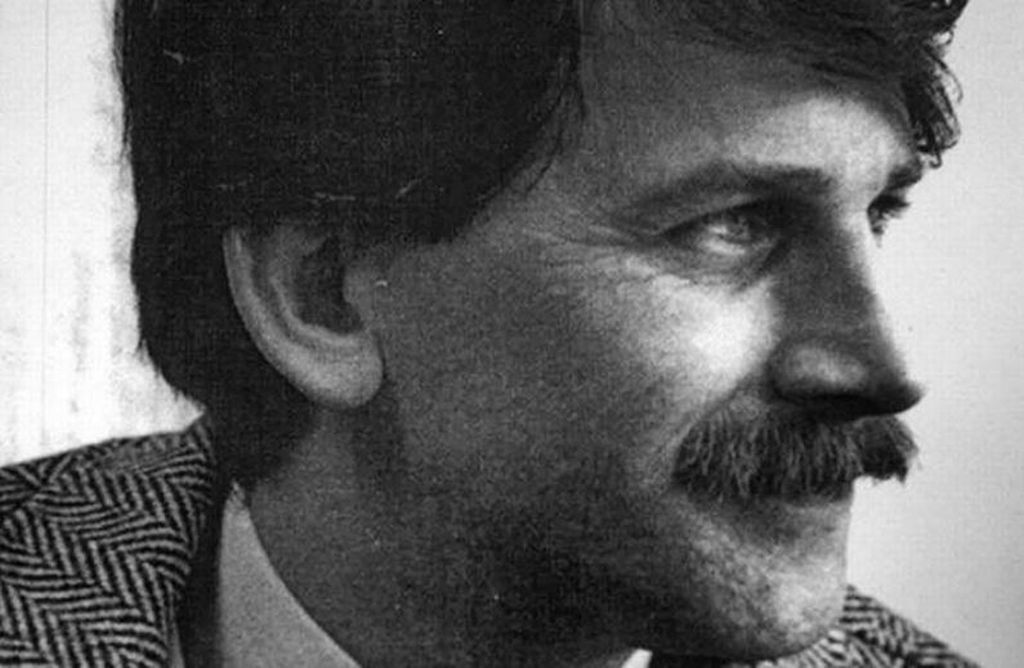Published 01.07.2024. | Željka Geto

33 years ago, on July 1, 1991, at the entrance to the Osijek suburb of Tenja, Josip Reihl Kir, Chief of Police in Osijek, Goran Zobundžija and Milan Knežević were killed. Mirko Tubić was wounded. In memory of the hero of peace, Josip Reihl Kir, the representatives of Documenta, the Center for Peace, Nonviolence and Human Rights - Osijek and the Anti-Fascist League laid flowers at the cemetery in Đakovo, together with Jadranka Reihl Kir.
Contemporaries of that turbulent time know how Mr. Josip Reihl Kir got involved as a man and as a policeman, in order to preserve peace in Slavonia. The facts related to the murder of Mr. Josip Reihl Kir at the checkpoint of the Croatian police in Tenja are known, when a member of the Croatian police shot at people returning from negotiations and killed his chief.
Despite the final conviction of the perpetrators of that crime, even thirty-three years after the crime, we as a society have no right to close the chapter on the murder of the peacemaker Josip Reihl Kir. Because we did not name the orderer of that crime, because the judiciary did not convict those who issued the order and helped the killer to escape, because the killer was not driven only by murderous revenge. Josip Reihl Kir was killed by the war-mongering policy of that time, which was disturbed by the voice of the peacemaker and the call to reason.
In the media, we often hear calls to remember war heroes. Sometimes we also hear mention of civilian victims from the Homeland War. And what about the peacemakers? Apart from the commemorations on the day of the murder, during all these years, the officials of the Ministry of Interior of the Republic of Croatia and the Government of the Republic of Croatia and representatives of veterans' associations almost never gave a speech dedicated to the peacemaker, Croatian police officer Josip Reihl Kir, who died as a victim of the forge of war.
The judiciary also made its move. We protest that a few days ago the High Criminal Court rejected the state attorney's appeal and confirmed the decision of the County Court in Sisak, which granted his murderer a conditional release from serving a sentence of twenty years in prison, despite the fact that he never apologized to the families of the victims. This type of decision is appropriate only for those who have expressed regret.
Dokumenta Centre for Dealing with the Past
Centre for Peace, Nonviolence and Human Rights - Osijek